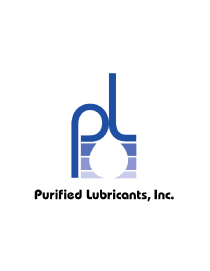As part of its annual Lube Room Challenge, Machinery Lubrication recently asked its readers to submit exceptional lube rooms that incorporate best-practice features. A number of readers met the challenge and were proud to show how their lubricant storage and handling methods have been transformed. The following entries illustrate how a properly designed lube room marks an important step in the journey toward lubrication excellence.





